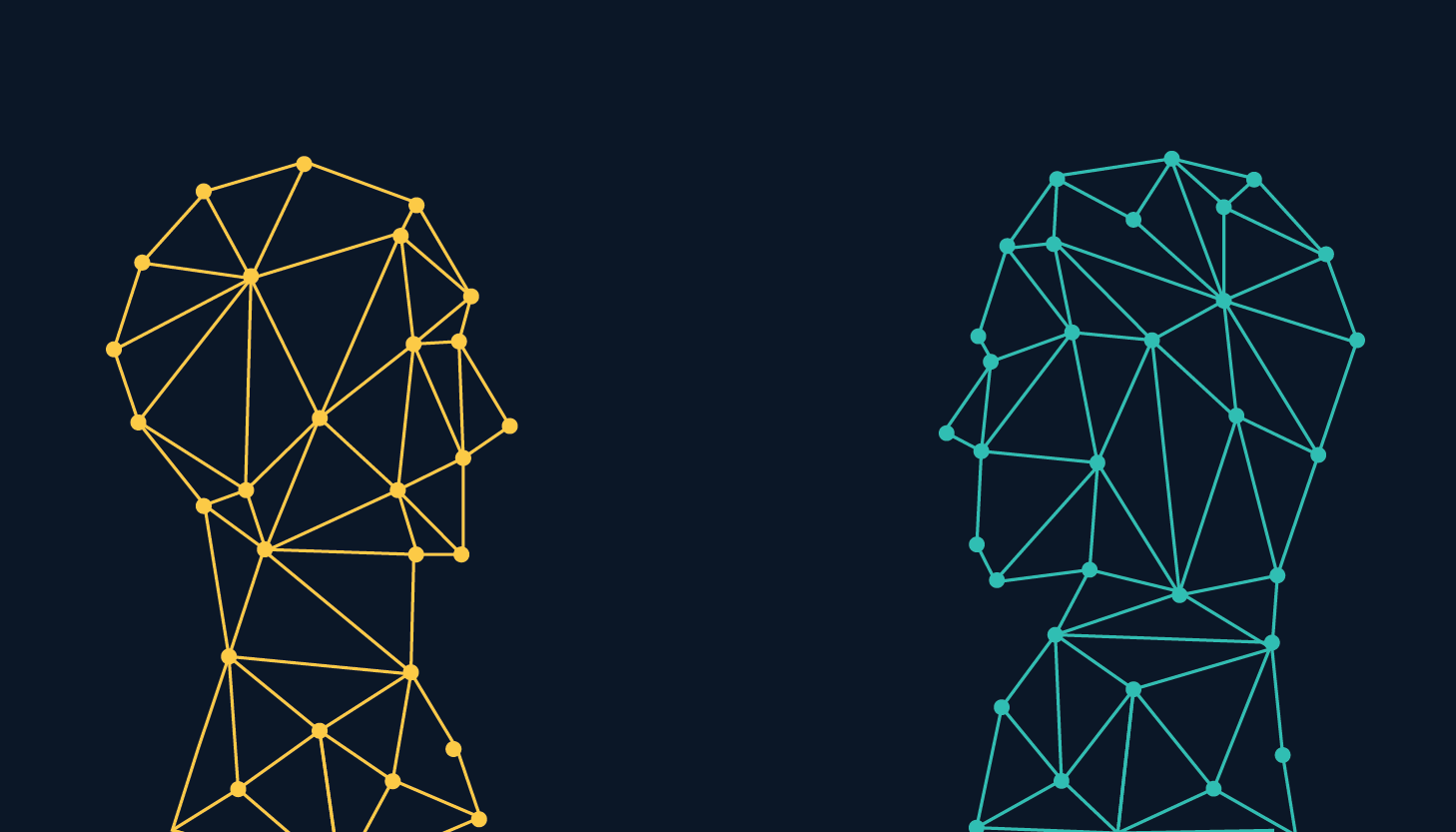Blockchains – outsourcing trust
Why is everyone trying to jump on the blockchain bandwagon? We’ll when you think about it, it’s an interesting concept. Fundamentally, it’s just another mechanism to attempt to ensure care and assurance of the data in a database. It is considerably far from a solution for every problem that we still have to deal with. However, it does do one thing, and it does it very well: Trust. It makes it worth considering in including it in new systems where verifiability and security against tampering is important. We’re going to mention just a few of the positive things about blockchains, because as with everything else, the negatives will be ironed out with time.

If you’re reading this, then chances are that you already know what blockchains are (so skip this paragraph). In case you don’t know, then here’s a different explanation of blockchains. It’s a database like other databases, but each new entry includes a state of the previous one. Think of it like this: you take a high resolution Polaroid picture of a clear night sky. Then you take another one, but this time, you take a picture of the sky, but also hold up the the previous instant picture in front of the camera to include it in the frame. In the next one, you include the previous picture. This way, you continue the Xzibit Yo Dawg meme ad infinutm. What this ensures, is the ability to verify the integrity of data through time. To use the previous analogy, if you want to know if someone has changed some data in the past, you just look through the pictures. If one picture is changed (however slightly) then, the difference can be verified by looking at the smaller picture in the frame of the subsequent picture. Even if you wanted to change pictures, you can’t really get the stars to align however you want them to. In blockchain lingo, each new block includes a hash of the previous one (which includes a hash of the earlier one). This way, any change anywhere in the database, would change hash values down the road. What this does, is it makes it extremely easy for the integrity of a database through time to be verified. Totally opposite from buying a used car, and looking at the service book, not knowing if it’s genuine, or if the car has been worked on outside of authorized service centers.
Another great thing about blockchains, is that they can be distributed. Multiple players can be part of a blockchain database. In other words, a dream solution for security in terms of redundancy. No need for a single player to have multiple (secure and unknown) locations of databases backed up in RAID 6, just to ensure continuity and security.
So, only with these two aspects you have a clear winner. When you also consider that this is open source, then clearly you can give it some considerable thought. But what does this mean in general? Ultimately, it boils down to trust. Blockchains are a platform of trust, where by design, some weak points about other databases are eliminated . By linking each block, integrity of previous entries is established. Why is this important? Because most acts of nefariousness on the database level have to do with changing entries and deleting access logs. People with sinister motives can’t attack the blockchain, because any change is clearly evident. If the database is distributed, then changes are not even technically possible, since they won’t match the other copies at the different locations. So as the title implies, trust of the integrity of the database is transferred. Not to anyone in particular, but to the design of the system. Or more specifically, the members of the blockchain.
Blockchains are not backup, encryption, or storage solutions. They are trust solutions. Yes there are efficiency issues, but as storage and bandwidth scales, it is going to become less of a concern. There are multiple rather large projects being built with blockchain tech. It has the capability of eliminating a lot of central players, such as bank clearing houses, art royalty distributors, certification authorities, and any other instance where two or more players need to a mutual third party to mediate a transaction.